McKinstry’s Lyanda Dudley on Her Passion for Innovation That Benefits People and the Planet

“My goal is that more community members see that transitioning to sustainable energy sources doesn’t have to be scary or disruptive. If we put our heads together, we can find solutions that work for both people and the planet.”
Lyanda Dudley is senior energy engineer for our Renewables team and has been with McKinstry for over three years. Lyanda leads implementation work and getting more renewable energy on the grid.
Learn more about Lyanda Dudley’s career at McKinstry, how she developed an interest in renewable energy and her passion for innovation that benefits people and the planet.
Learn More About Lyanda’s Experience
I’ve been with McKinstry for a little over three years and started as a renewable energy intern as part of our B.L.U.E. Intern program. During that time, McKinstry helped me finish my master’s capstone project, which was the last thing I needed to graduate. I enjoyed working with the team and was able to join full time after my internship as an energy engineer, Renewables.
This year, I transitioned into my current role, which is senior energy engineer, Renewables. My role primarily focuses on solar PV, EV charging and battery energy storage development in McKinstry’s Mountain Region. I help our clients with system feasibility by identifying layouts and capacities that work best for their properties and their electrical infrastructure. I work with our construction team to get overall system pricing and serve as a technical point of contact throughout the construction process.
I graduated from Cornell University with a bachelor’s degree in mechanical engineering and a minor in sustainable energy systems, then pursued a Master of Engineering at the University of Michigan. I had the opportunity to pursue several energy internships throughout college, so I’ve worked in a nuclear plant, researched funding strategies for a Commission on Carbon Neutrality and more. Those experiences gave me an understanding of the technical, economic, political and social challenges involved in energy transition, which allows for a holistic approach to my projects and balancing the needs of stakeholders.
Success for us at McKinstry, especially in the Mountain Region, is defined by delivering top-notch energy projects that truly resonate with our clients and communities. Instead of setting up utility-scale solar projects in remote areas, our arrays are strategically placed within communities. This not only benefits our clients who can witness the construction or completion firsthand but also ensures that the installations complement and enhance local buildings.
Additionally, success is hearing when clients use the arrays for educational purposes. We have seen science classes visiting these sites and gaining insights into renewable energy. This direct exposure to renewables for students is immensely rewarding, and it encapsulates our vision of success.
The most rewarding part of my work is knowing I’m making an active difference in the climate crisis and the energy transition. It’s interesting to learn about it in school, and great to finally put that education and research into action by leading the implementation process and getting more renewable energy on the grid.
My favorite project so far is the Denver Community Solar Gardens project. It’s unique in the sense that a lot of the energy from the solar arrays is being donated to low-income households, and it’s helping alleviate some of the burden of high utility bills. It’s really cool to be part of a project that’s more than just building a solar array — it’s also giving back to the community.
My goal is that more community members see that transitioning to sustainable energy sources doesn’t have to be scary or disruptive. If we put our heads together, we can find solutions that work for both people and the planet. I also want to inspire more women to pursue renewable energy careers. While things are getting better, there’s still a gender imbalance in the renewables space. The more work we do with schools and our communities, the more we can expose young women to these career opportunities.
The Inflation Reduction Act has been a huge game changer, especially the direct pay component. Tax incentives for renewable energy have been around for a while, but usually members of the public sector and tax-exempt entities have been left out. The direct pay clause allows these tax-exempt entities to receive money from the government for the equivalent of that tax credit, which has drastically increased our client’s interests in implementing solar projects. It’s also helped us move forward with some projects that didn’t initially have the best paybacks or ROI. This additional funding is able to push them over the finish line.
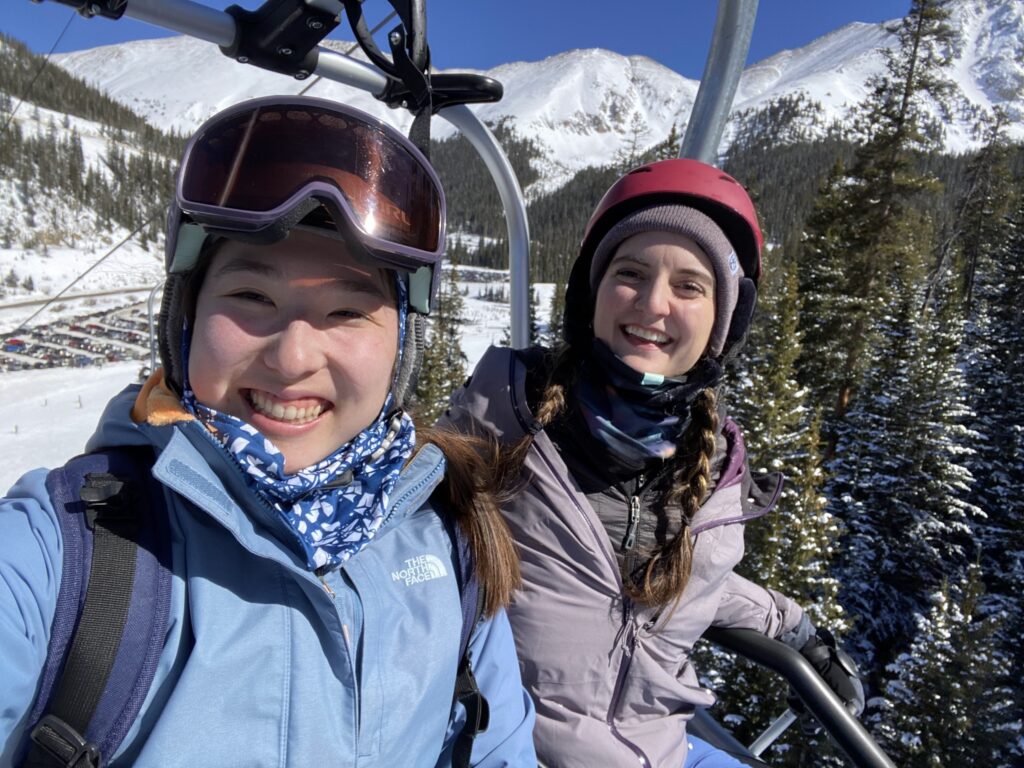
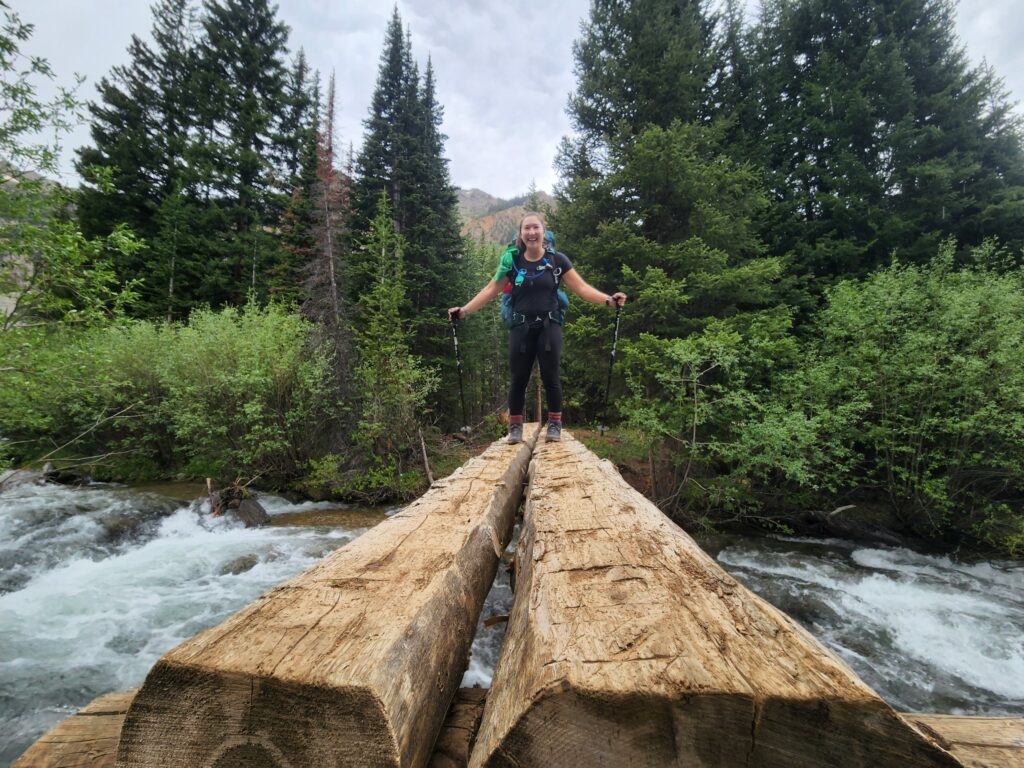
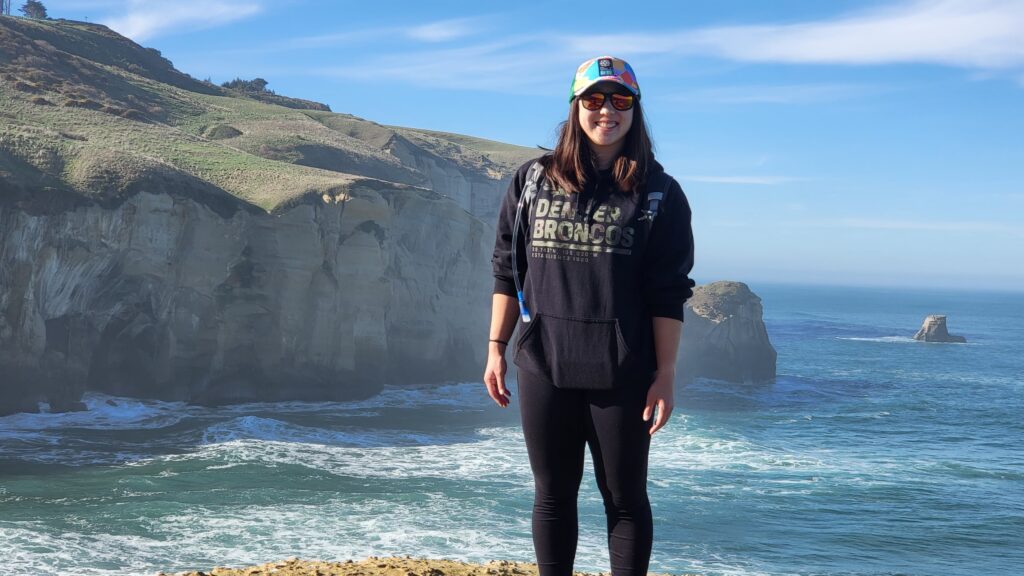
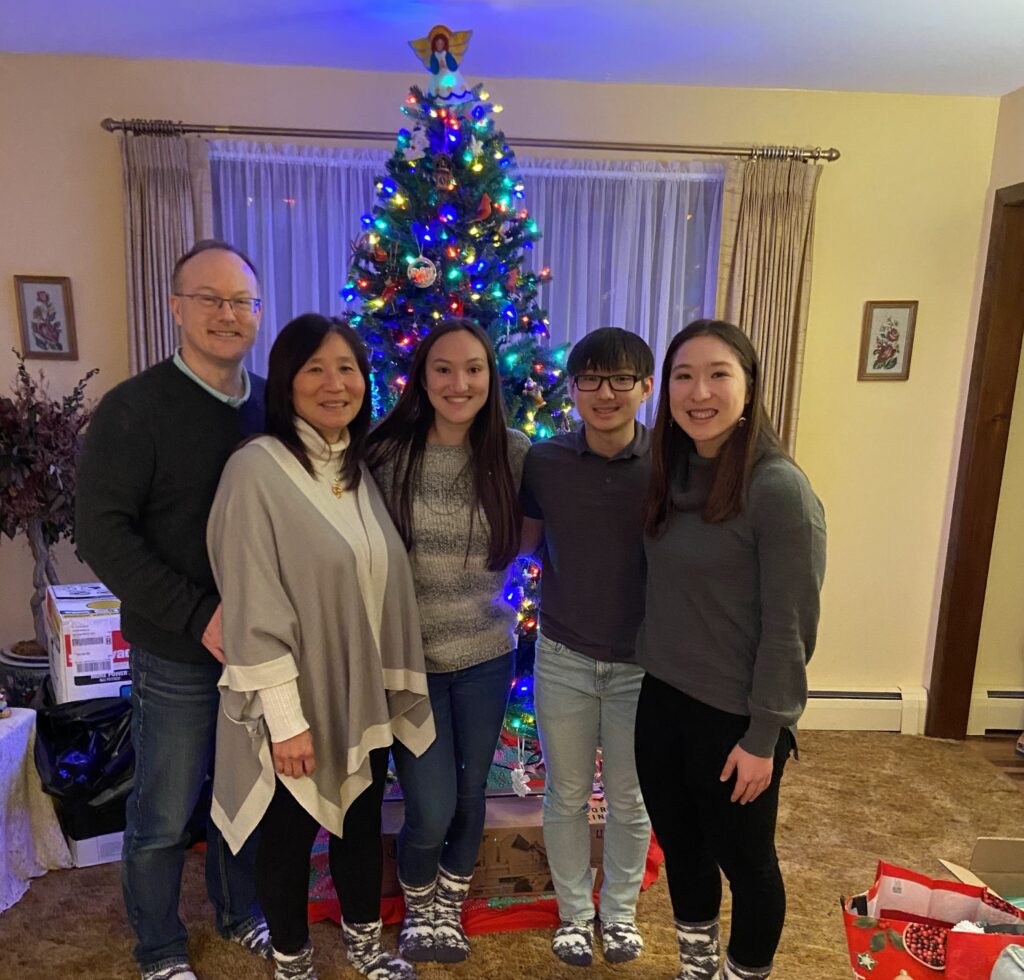

Explore Other Insights
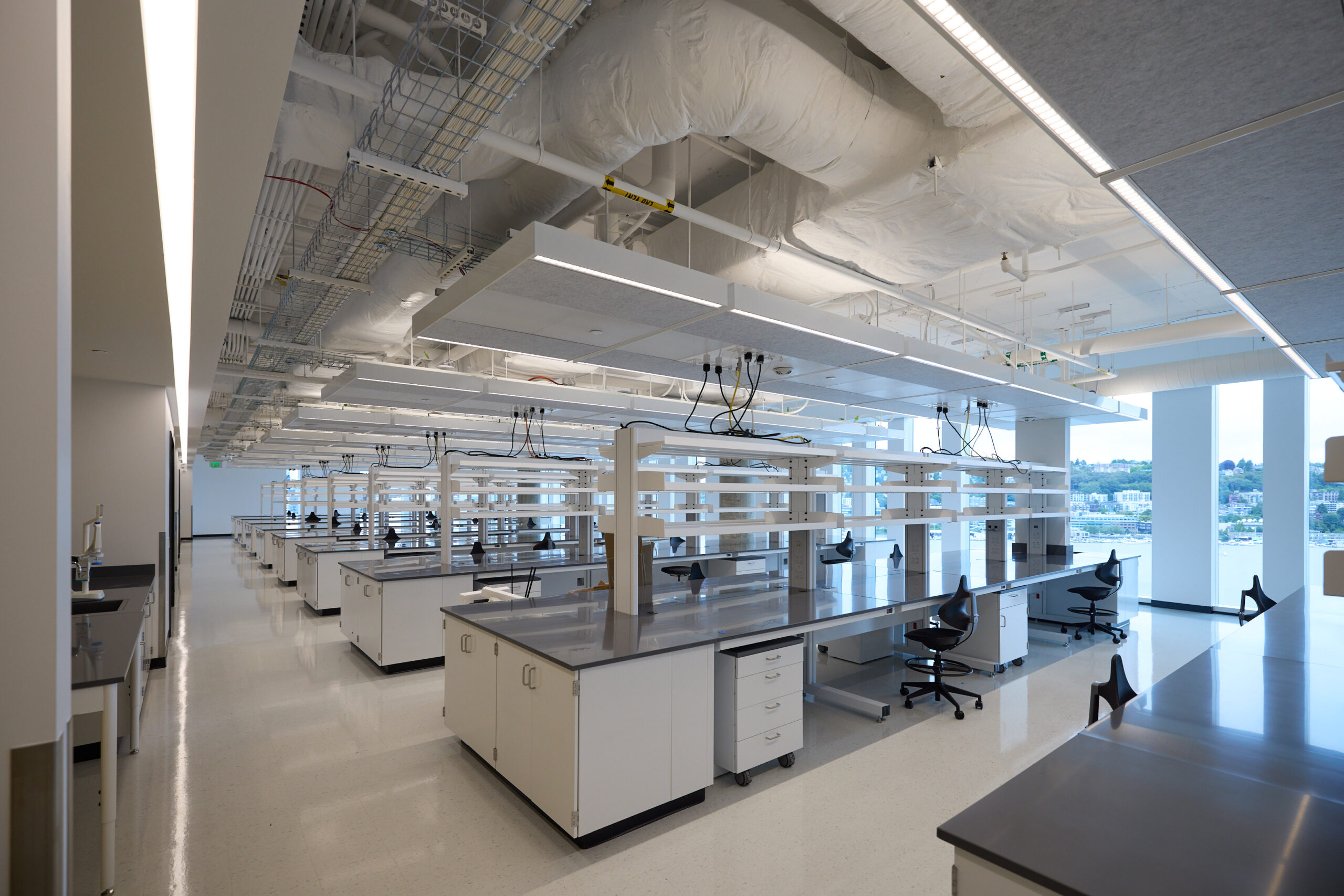
Why the Bold Thrive: Embracing Change for a Brighter Future
By Donald Chung, Program Director, Dawson Ventures The construction industry is evolving at an unprecedented pace….
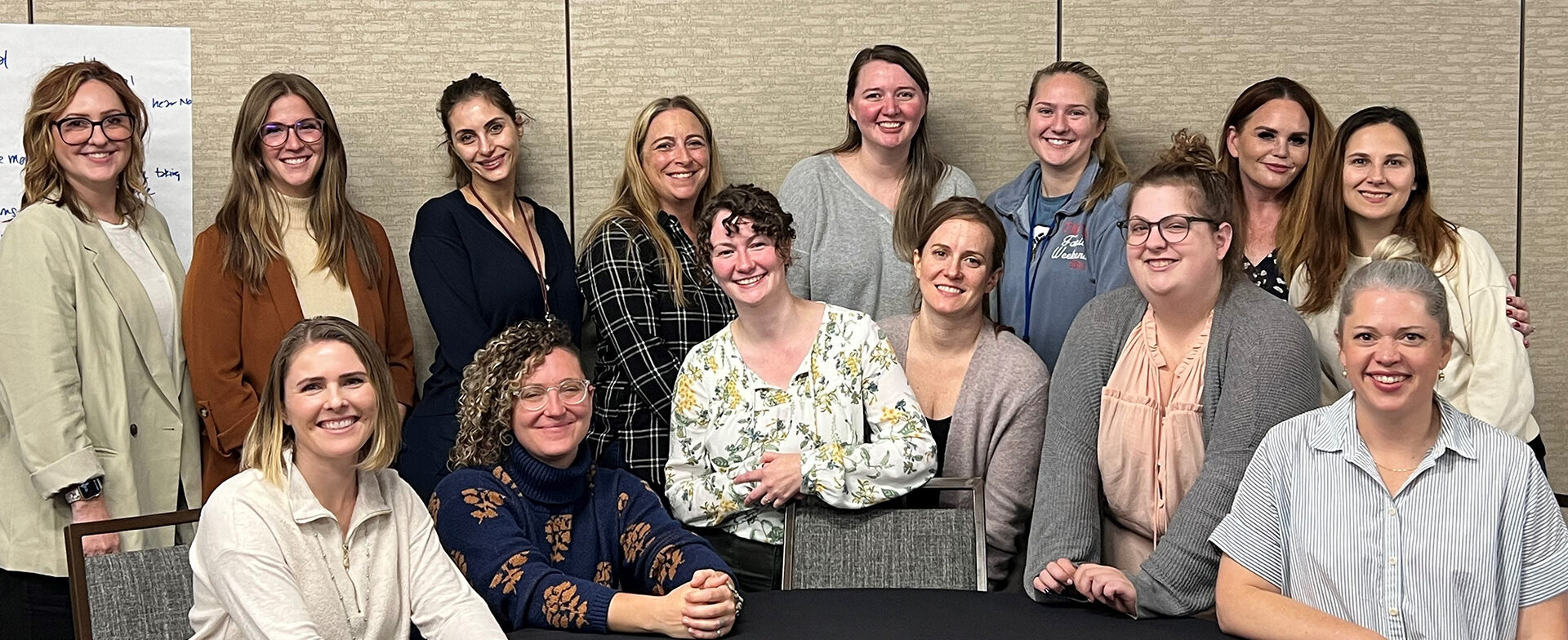
McKinstry’s Gender Equity Alliance
McKinstry Alliances are our version of employee resource groups or affinity groups. Alliances are voluntary, employee…

What Building Performance Standards May Mean for Your Bus…
How the needs of special use case buildings helped add nuance to legislation designed to impact positive climate chan…